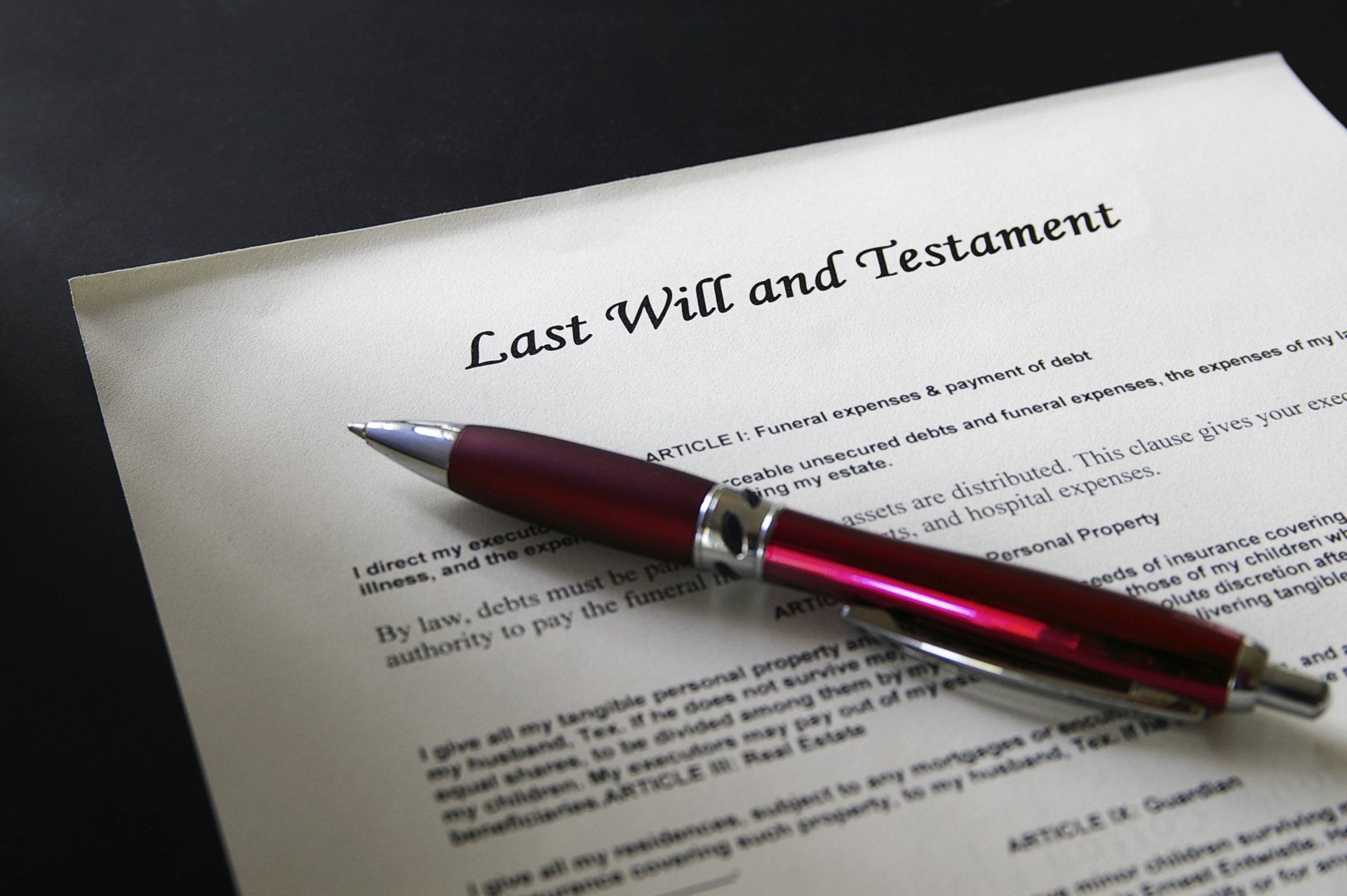ADDRESS: 3900 Newpark Mall Road 3rd Floor Newark, CA, 94560 | EMAIL: daniel@kisnerlaw.com
CALL US FOR A CONSULTATION
(510) 791-5790
How Does an Estate Pay Creditors?
When someone dies in the state of California, the deceased leaves an estate behind. At this point, the estate goes through the process of probate before the executor can distribute the assets to the heirs. The executor also has to deal with any debts and creditor who have a claim against the estate.
The following is some information about how debt is collected after a person dies and where the money will come from.
How Are Claims from Creditors Dealt With?
If the deceased is in debt, the creditor has to file a claim against the estate. If the probate court deems the debt legitimate, the executor has to pay the debt from any funds in the estate before the heirs can receive any money or assets.
In the state of California, a creditor has up to 60 days to file against an estate. The time begins with the date the executor notifies the creditor that the estate is going through probate.
Another option for collection allows the creditor to have four months from the date the probate court allows the executor to begin working on the estate. A creditor can use either option, typically the one that allows for more time.
Can a Creditor Demand Payment from Community Property?
Under federal law, a creditor cannot pursue payment from the relatives of the deceased or anyone who has no legal responsibility for the debt, including those who co-owned an asset with the deceased.
However, California is a community property state. If you are married, creditors can go after marital assets to collect a debt. For example, if you are married and have a joint checking account with your deceased spouse, the payment for the debt can come from the jointly owned checking account.
What Are Priority Claims?
Some claims to the estate have a higher priority than others. California state law decides which order the debts are paid once someone passes away. The first recipient is the federal government. This includes payment for any federal student loans or back taxes.
Any claims that are secured by property, such as a car loan, take priority over any type of unsecured debt.
What Happens If There Is Not Enough Money to Pay Off Creditors?
If an estate does not have enough money within to pay off the creditors making claims against it, the estate is considered insolvent. Some creditors will not receive payment, and the debt will likely be written off.
Anyone who is a beneficiary in the estate also will not receive an inheritance. Any money or assets will be used to pay off as much debt as possible. Once the money is used to pay off at least a portion of the debt, there won't be anything left behind for beneficiaries.
What Are Refused Claims?
The executor of an estate has up to 30 days to take action on a creditor claim to an estate. The executory can ask for account statements, receipts, or other forms of proof to show the existence of a claim. If the proof is not produced, the executor has the right to refuse the claim.
However, the creditor can file a lawsuit against the estate if it is not paid. The state of California allows creditors up to one year after the death date to file the lawsuit. If the court rules in favor of the creditor, the creditor can pursue collections against the estate and its beneficiaries.
If you have any questions about debt in an estate, please contact us at the Kisner Law Firm. We can help you navigate these complex and personal issues.
PHONE: (510) 791-5790 | EMAIL: daniel@kisnerlaw.com
ADDRESS: 3900 Newpark Mall Road 3rd FloorNewark, CA, 94560
HOURS OF OPERATION:
- Mon - Fri
- -
- Sat - Sun
- Closed










